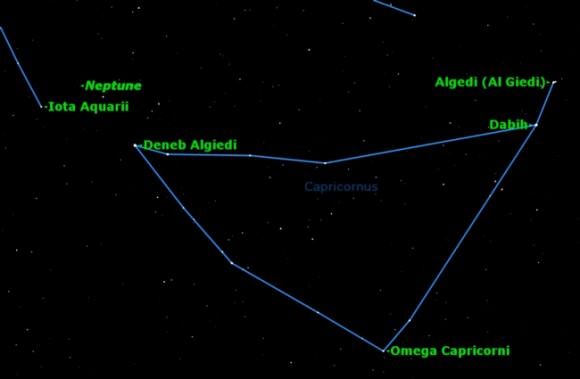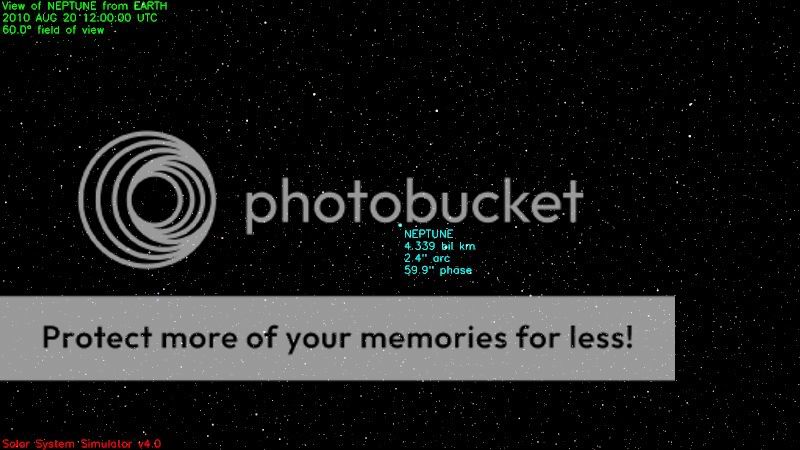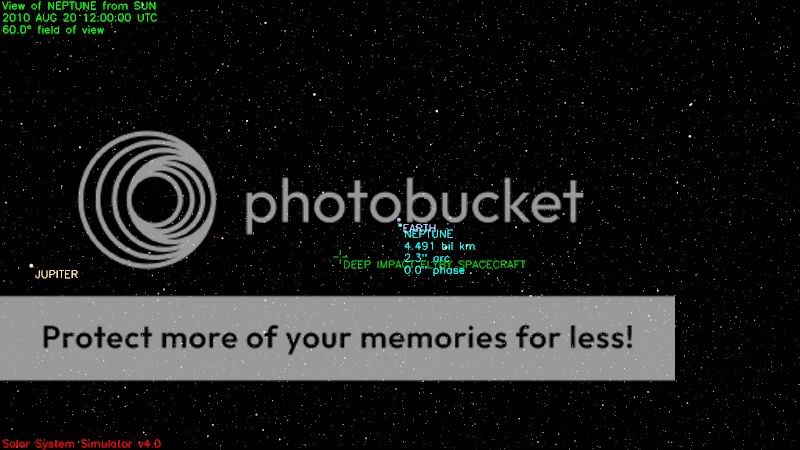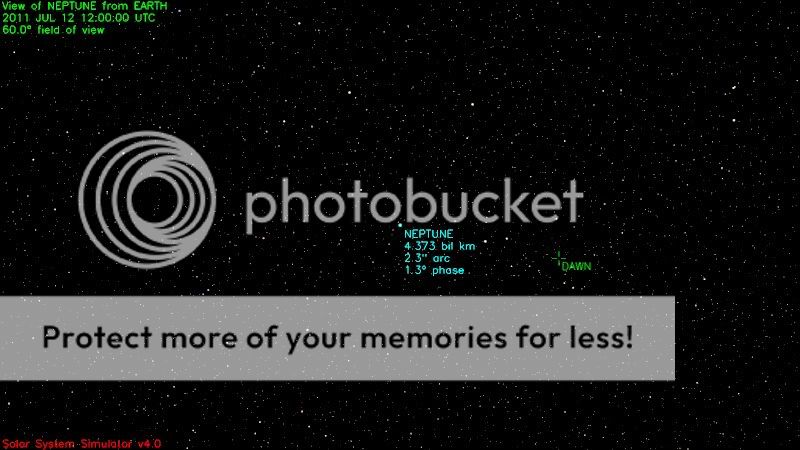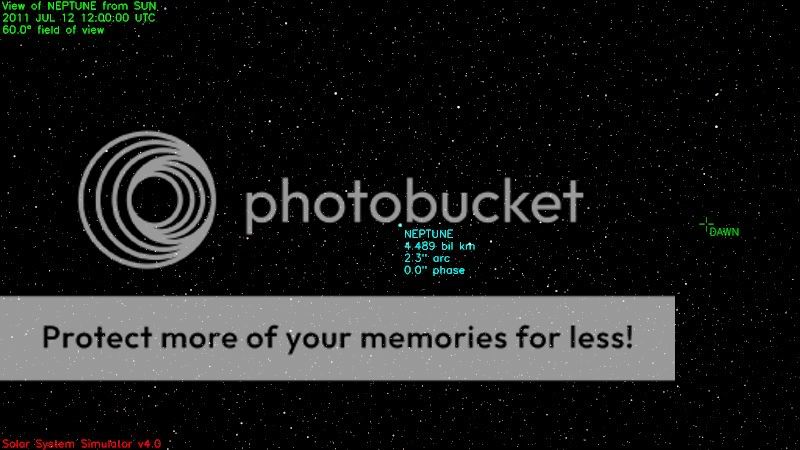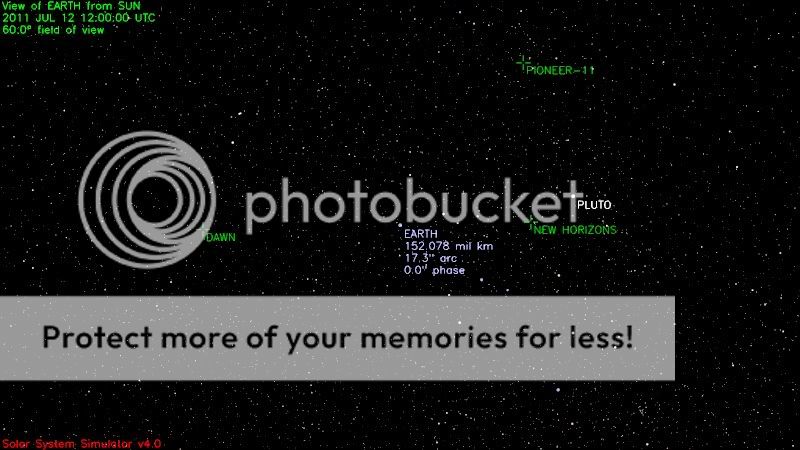M
MeteorWayne
Guest
Neptune Finally Makes First Orbit Around the Sun Since Discovery In 1846
The planet Neptune will be in opposition — when the sun, Earth, and a planet fall in a straight line on Aug. 20. The planet will be exactly opposite the sun in the sky, being highest in the sky at local midnight. Usually this is also the point where the planet is closest to the Earth.
This opposition is special because Neptune will be returning close to the spot where it was discovered in 1846, marking its first complete trip around the sun since its discovery.
Coincidentally opposition in 1846 also fell on Aug. 20, although the planet wasn't actually spotted until over a month later, on Sept. 23.
http://www.space.com/spacewatch/neptune ... 00818.html
The planet Neptune will be in opposition — when the sun, Earth, and a planet fall in a straight line on Aug. 20. The planet will be exactly opposite the sun in the sky, being highest in the sky at local midnight. Usually this is also the point where the planet is closest to the Earth.
This opposition is special because Neptune will be returning close to the spot where it was discovered in 1846, marking its first complete trip around the sun since its discovery.
Coincidentally opposition in 1846 also fell on Aug. 20, although the planet wasn't actually spotted until over a month later, on Sept. 23.
http://www.space.com/spacewatch/neptune ... 00818.html


